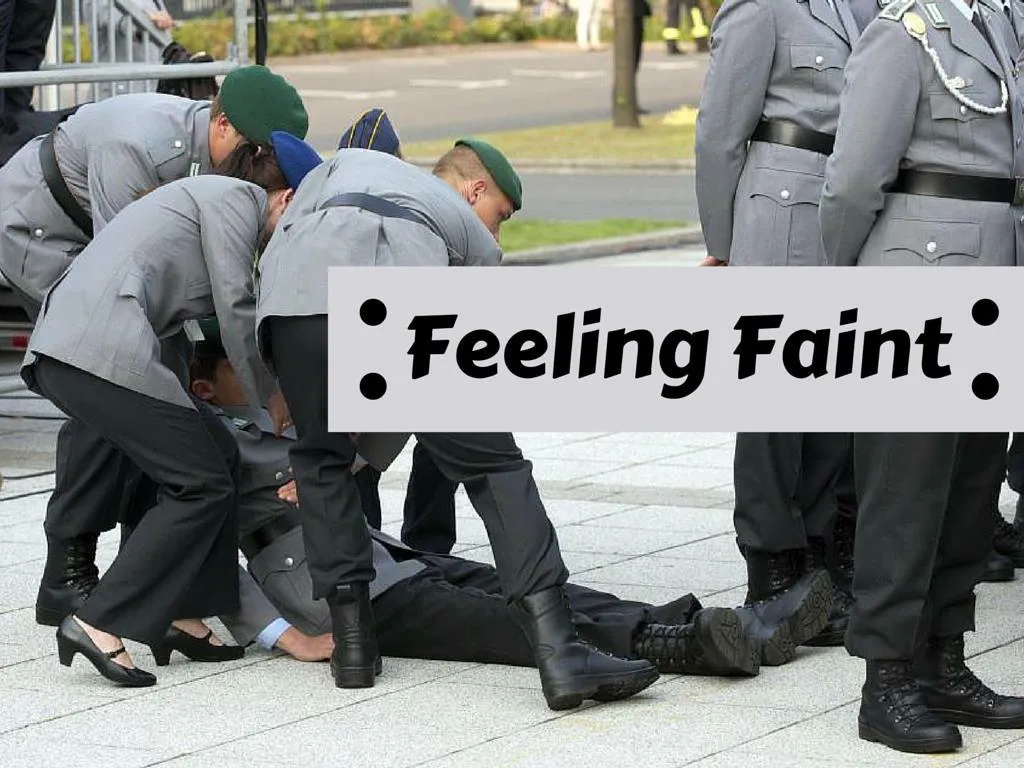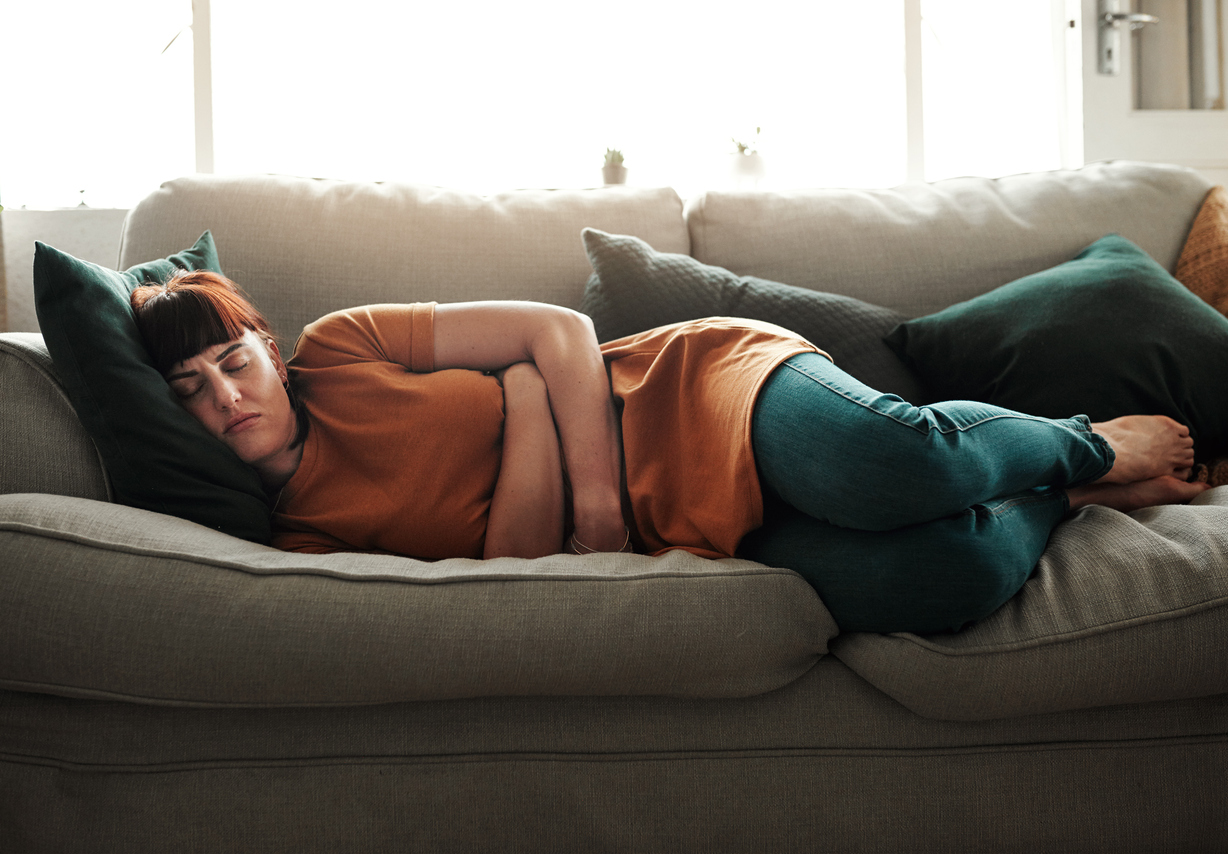

A portion of the inner ear, called the labyrinth, which includes the semicircular canals, contains specialized cells that detect motion and changes in position.
#Feeling faint after bowel movement skin#
Skin pressure sensation gives you information about your body's position and motion in relationship to gravity.Your body is then automatically able to make tiny changes in posture that help you maintain your balance (proprioception). Sensory nerves in your joints allow your brain to keep track of the position of your legs, arms, and torso.This is an important part of the balance mechanism and often overrides information from the other balance-sensing systems. Vision gives you information about your position and motion in relationship to the rest of the world.Your brain uses input from four sensory systems to maintain your sense of balance and orientation to your surroundings. Vertigo occurs when there is conflict between the signals sent to the brain by various balance- and position-sensing systems of the body. The degree of light-headedness or vertigo that a medicine causes will vary. Many prescription and non-prescription medicines can cause light-headedness or vertigo. You can check your heart rate by taking your pulse. Unexplained fainting spells need to be evaluated by a doctor.

Sometimes the cause of light-headedness is an abnormal heart rhythm ( arrhythmia), which can cause fainting spells (syncope). Heavy menstrual bleeding also can cause this type of light-headedness. When this happens, light-headedness and fatigue may be the first noticeable symptoms that you are losing blood. You may have small amounts of bleeding in your digestive tract over days or weeks without noticing the bleeding. But sometimes bleeding is not obvious (occult bleeding). Most of the time, the location of the bleeding and the need to seek medical care are obvious. The use of tobacco, alcohol, or illegal drugs.Ī more serious cause of light-headedness is bleeding.Very deep or rapid breathing ( hyperventilation).Vomiting, diarrhea, fevers, and other illnesses that cause dehydration.Home treatment of your flu and cold symptoms usually will relieve light-headedness. Illnesses such as the influenza (flu) or colds.Light-headedness has many causes, including: Ongoing light-headedness may mean you have a more serious problem that needs to be evaluated. Light-headedness often is caused by a momentary drop in blood pressure and blood flow to your head that occurs when you get up too quickly from a seated or lying position ( orthostatic hypo tension). Brief episodes of light-headedness are not usually the result of a serious problem. It is common to feel light-headed from time to time. Dizziness can also lead to falls and other injuries.

A fear of dizziness can cause older adults to limit their physical and social activities. You may have trouble walking or standing, and you may lose your balance and fall.Īlthough dizziness can occur in people of any age, it is more common among older adults. When you have severe vertigo, you may feel very nauseated or vomit. You may feel as though you are off balance, spinning, whirling, falling, or tilting.


 0 kommentar(er)
0 kommentar(er)
